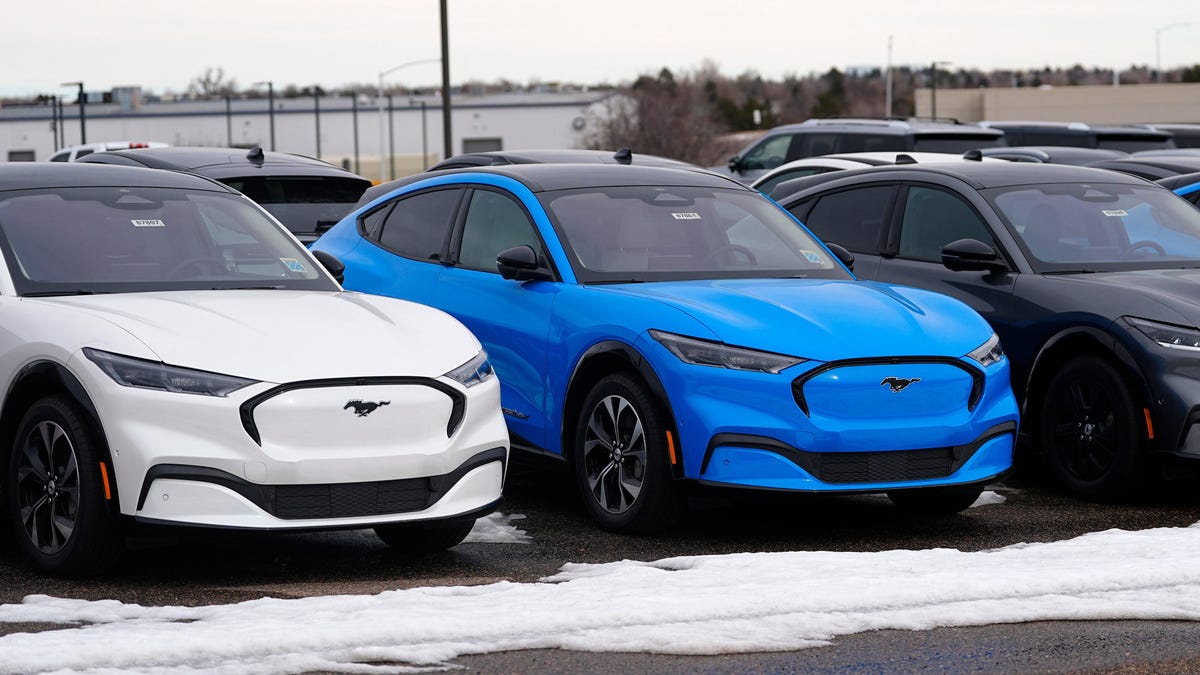The Challenges of the EV Industry
The electric vehicle (EV) revolution, touted as the future of transportation, has encountered unexpected hurdles. While EV sales are on the rise, they are not meeting the lofty projections set by automakers. Companies like Ford are facing significant losses on each EV sold, with billions of dollars at stake. Ford, in particular, is grappling with the repercussions of focusing on high-priced electric SUVs instead of smaller, more affordable models.
Industry-Wide Struggles
This dilemma is not unique to Ford. Mercedes-Benz and General Motors (GM) have also felt the pinch of the challenging EV market. Mercedes reported lower profits and revenues due to EV-related issues, while GM posted substantial EV losses in the billions. The entire automotive industry is undergoing a period of reckoning as it navigates the complexities of transitioning to electric vehicles.
Ford’s Bold Moves
Amidst the industry turmoil, Ford stands out for its decisive actions. The company made the strategic decision to discontinue its small car lineup in 2018, opting to invest heavily in EV technologies instead. This shift culminated in the launch of popular models like the Mustang Mach-E and F-150 Lightning in the early 2020s. However, Ford’s bet on expensive trucks and EVs has now led to significant financial losses.
The Financial Fallout
In a recent financial report, Ford revealed alarming figures that underscore the challenges it faces in the EV market. The company incurred a staggering loss of $1.3 billion from the sale of 10,000 electric vehicles in the first quarter of the year. This translates to a jaw-dropping $130,000 lost for every EV sold. Even Ford’s tech division, known as “Model e,” experienced an 84% decline in revenue, highlighting the severity of the situation.
The company reported its first quarter earnings last night, and woo boy, it’s rough. Ford said it lost $1.3 billion on the sale of 10,000 electric vehicles in the first three months of the year — a staggering figure that amounts to $130,000 lost for every EV sold.
Despite these setbacks, Ford’s sales of large trucks and SUVs continue to provide some stability. The company reported strong sales for models like the Escape, Explorer, Expedition, and Bronco, indicating that traditional vehicles still play a crucial role in Ford’s revenue stream.
Redefining Ford’s EV Strategy
In response to the challenges it faces, Ford is shifting its focus towards developing smaller and more affordable EVs. The company recognizes the need to adapt to changing consumer preferences and market dynamics. With investments in new battery technologies and a dedicated team working on innovative EV designs, Ford is determined to regain its competitive edge in the EV space.
Ford CEO Jim Farley emphasized the importance of targeting the urban market with cost-effective EV solutions. By prioritizing small, affordable electric vehicles, Ford aims to capture a broader segment of the market and drive EV adoption in urban areas. Farley’s vision underscores Ford’s commitment to innovation and meeting the evolving needs of consumers.
As Ford navigates the complexities of the EV market, the company’s strategic pivot towards affordable EVs signals a new chapter in its electrification journey. With a renewed focus on innovation and consumer-centric solutions, Ford is poised to overcome its current challenges and emerge as a leader in the rapidly evolving automotive landscape.
Image/Photo credit: source url





